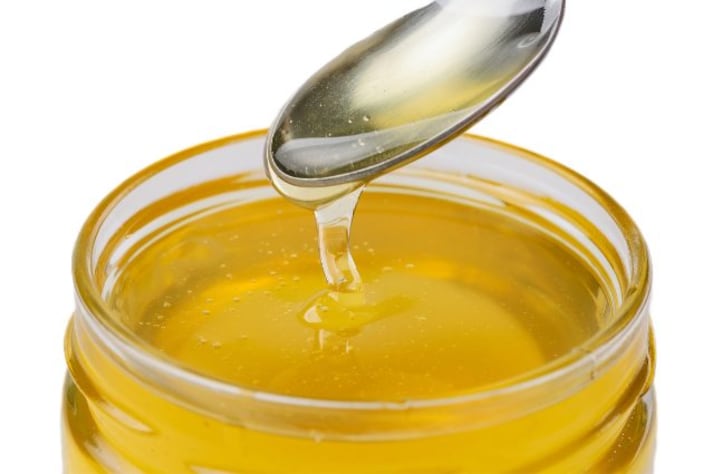Can You Use a Metal Spoon With Honey? The Myth Debunked!
There’s a common belief that you shouldn’t use a metal spoon to scoop honey, but is it true? In this article, we explore whether metal reacts with honey and if using a stainless steel spoon is safe. Spoiler: It’s perfectly fine! Learn more about the best ways to scoop and store honey, and why metal spoons pose no risk to your favourite sweet treat.

Honey is a natural sweetener that has been enjoyed for centuries, and it's a staple in many kitchens. However, you may have heard that using a metal spoon to scoop honey is not recommended. But is there any truth to this, or is it simply a myth?
Does Metal React with Honey?
The belief that metal spoons shouldn’t be used with honey stems from the fact that honey is slightly acidic, with a pH level ranging between 3.4 and 6.1. Some people worry that the acidity of honey could react with metal, causing the honey to oxidise or alter its taste and quality.
However, this concern is mostly unfounded when it comes to common kitchen practices. While honey does contain organic acids, short-term contact with metal is unlikely to cause any noticeable reaction. Using a metal spoon to scoop honey will not harm the honey or affect its flavor in any significant way.

It’s important to note that most modern cutlery, including spoons, are made from stainless steel, which is resistant to corrosion and doesn’t react with acidic substances. If you're using a stainless steel spoon, there's no need to worry about any chemical reactions with honey. Stainless steel is safe, durable, and will not affect the quality of your honey.
How to Safely Store Honey for the Long Term
While using a metal spoon to scoop honey is perfectly safe for short-term use, it’s a different story when it comes to long-term storage. If honey is left in prolonged contact with metal—such as if it's stored in a metal container—there could be a risk of oxidation over time, especially if the metal is prone to rust or corrosion.
For this reason, honey is traditionally stored in glass jars, ceramic pots, or food-safe plastic containers. These materials ensure that the honey’s flavor, color, and quality remain intact, even after long periods of storage.

Wooden or Plastic Spoons for Tradition and Aesthetics
You might notice that honey dippers or wooden spoons are often used to scoop honey. This is largely for traditional or aesthetic reasons, rather than safety concerns. Wooden honey dippers are designed to help with the slow, controlled drizzle of honey, and their porous texture helps prevent honey from sticking too much.
Plastic spoons are also commonly used for scooping honey, as plastic doesn’t react with acidic substances and is easy to clean. However, when it comes to practical use, stainless steel works just as well as wooden or plastic alternatives.
;Resize,width=767;)
;Resize,width=712;)

;Resize,width=712;)
